Ensuring that your family gets the right nutrients is crucial for their overall health. Iron, in particular, plays a vital role in the body, supporting essential functions and preventing iron deficiency. In this blog post, we’ll explore the importance of iron, the major causes of iron deficiency, its symptoms, and highlight iron-rich fruits that are perfect for parents who prioritize their family’s well-being.
Understanding Iron Functions in the Body
Iron is an essential mineral that serves various functions in the body. One of its key roles is in the production of hemoglobin, a protein in red blood cells responsible for carrying oxygen from the lungs to the rest of the body. Iron also plays a crucial role in maintaining a healthy immune system and supporting cognitive development.

Here are some simple explanations of its functions:
Energy Boost
Iron helps our body make hemoglobin, which is like a delivery person for oxygen. When we have enough iron, it gives us energy and helps our muscles work well.
Brain Power
Our brains need iron to stay sharp and focused. It helps carry oxygen to the brain, keeping it healthy and ready for learning.
Strong Immunity
Iron is like a superhero for our immune system. It helps our body fight off germs and stay strong against illnesses.
Growing Up Strong
For kids, iron is super important for growing. It helps make sure bones and muscles develop properly, making them strong and healthy.
Good Blood
Iron is a key player in making sure our blood is healthy. It helps create red blood cells that carry oxygen all around our body, making sure everything works the way it should.
What is the Major Cause of Iron Deficiency?
The primary cause of iron deficiency is a lack of sufficient iron in the diet. A diet low in iron-rich foods can lead to inadequate iron levels in the body, affecting its ability to produce enough hemoglobin. Other factors contributing to iron deficiency include poor absorption of iron, increased iron requirements during certain life stages, and chronic diseases.When we don’t consume enough iron-rich foods, it can lead to iron deficiency.
Common reasons for iron deficiency include
- Dietary Factors
Not eating enough foods that are rich in iron, such as red meat, poultry, fish, beans, lentils, and fortified cereals, can contribute to iron deficiency.
- Limited Absorption
Some people may have difficulty absorbing iron from the food they eat. This can happen due to certain health conditions or medications that affect iron absorption.
- Increased Iron Needs
During certain life stages, such as pregnancy and rapid growth in childhood, the body’s need for iron increases. If the diet doesn’t provide enough iron to meet these increased needs, deficiency can occur.
- Blood Loss
Chronic blood loss, either through menstruation in women or certain medical conditions that lead to bleeding, can result in iron deficiency over time.
- Digestive Disorders
Certain digestive disorders, like celiac disease or inflammatory bowel diseases, can interfere with iron absorption, leading to deficiency.
- Vegetarian or Vegan Diets
Individuals following vegetarian or vegan diets may have a higher risk of iron deficiency as plant-based iron (non-heme iron) is not absorbed as efficiently as animal-based iron (heme iron).
- Lack of Vitamin C
Vitamin C helps enhance the absorption of non-heme iron (found in plant foods). A diet lacking in vitamin C-rich foods may contribute to iron deficiency.
Infants and Young Children
Infants and young children who don’t receive enough iron-rich foods during critical growth periods are at risk of iron deficiency.
It’s essential to maintain a balanced diet and be aware of the importance of including iron-rich foods. If someone suspects iron deficiency, it’s advisable to consult with a healthcare professional for proper evaluation and guidance on dietary changes or supplementation if needed.
Iron Deficiency Symptoms
Iron deficiency can manifest through various symptoms, indicating a shortage of this essential mineral in the body. Recognizing these signs is crucial for timely intervention and maintaining overall health. Here are common iron deficiency symptoms:
Fatigue
Persistent tiredness and a general lack of energy are primary indicators of iron deficiency. If you find yourself or your family members feeling consistently drained, it’s essential to consider the possibility of low iron levels.

Weakness
Iron is crucial for muscle function, and a deficiency can result in weakness and a sense of physical fatigue, even with minor exertion.
Pale Skin
Insufficient iron can lead to a reduction in the production of hemoglobin, the protein responsible for the red color in blood. This can result in pale skin, especially noticeable in the face and hands.
Shortness of Breath
Inadequate iron levels can compromise the oxygen-carrying capacity of the blood, leading to shortness of breath and difficulty in catching one’s breath, even during routine activities.
Headaches and Dizziness
Insufficient oxygen supply to the brain due to low hemoglobin levels can cause headaches and dizziness. If these symptoms are recurrent, they may indicate a potential iron deficiency.
Cold Hands and Feet
Reduced circulation of oxygen-rich blood can result in sensations of coldness in the extremities, such as hands and feet.
Brittle Nails
Iron deficiency can affect the health of your nails, making them brittle and prone to splitting.
Craving Non-Food Items (Pica)
A peculiar symptom of iron deficiency is pica, where individuals may crave and consume non-food items like ice, clay, or dirt. If you notice such cravings, it’s essential to seek medical advice.
Difficulty Concentrating
Insufficient oxygen reaching the brain can impact cognitive functions, leading to difficulties in concentration and a lack of mental alertness.
It’s important to note that these symptoms may vary in severity, and experiencing one or more does not necessarily confirm iron deficiency. If you or your family members exhibit these signs, it is advisable to consult with a healthcare professional for proper diagnosis and guidance on addressing potential iron deficiency. Early detection and appropriate intervention can significantly improve overall health and well-being.
Iron-Rich Fruits for Your Family
Discover a tasty way to boost your family’s iron intake with iron-rich fruits! Packed with essential nutrients, these fruits not only offer a delicious treat but also contribute to a healthy lifestyle.
Watermelon
Watermelon is not only a delicious and hydrating fruit but also a good source of iron. Including it in your family’s diet can contribute to their overall iron intake.
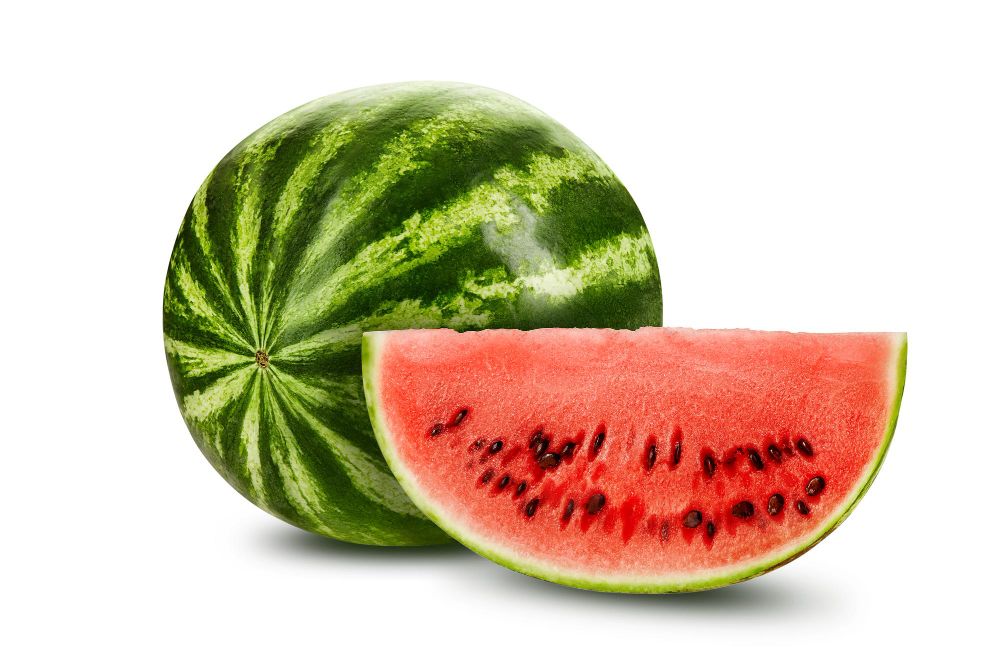
Raisins
These sweet and convenient snacks are packed with iron, making them an excellent choice for both kids and adults. Add them to cereal, yogurt, or enjoy them on their own.
Dried apricots
They are not only serve as a delicious and convenient snack, but they are also a good source of iron, essential for maintaining healthy blood and preventing iron deficiency. Incorporating dried apricots into your diet can contribute to meeting your daily iron needs while providing a sweet and nutritious treat.
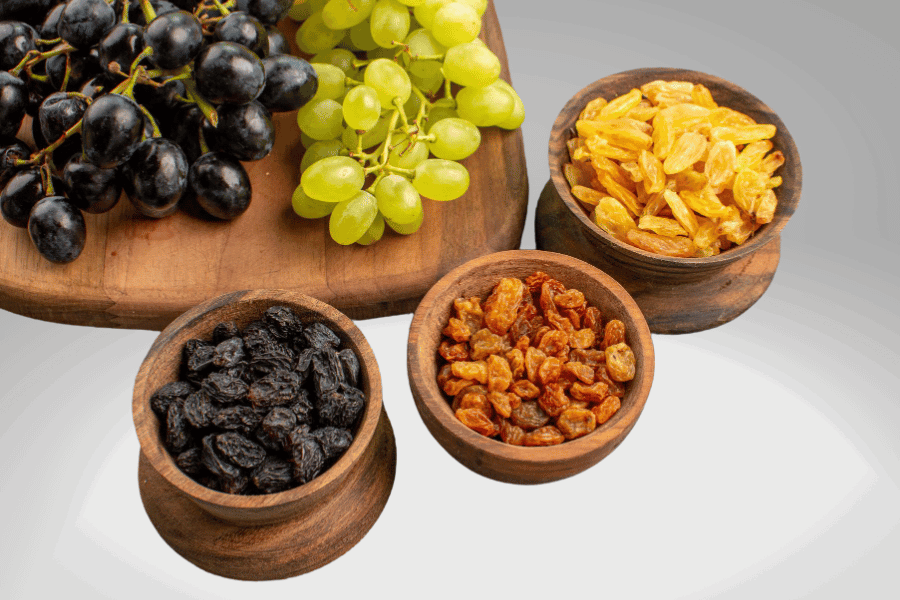
Prunes
Prunes are not only known for their digestive benefits but also for their iron content. They make for a tasty addition to your family’s snack options.
Blackberries
These antioxidant-rich berries are not only delicious but also provide a decent amount of iron. Consider adding blackberries to smoothies or enjoying them as a refreshing snack.
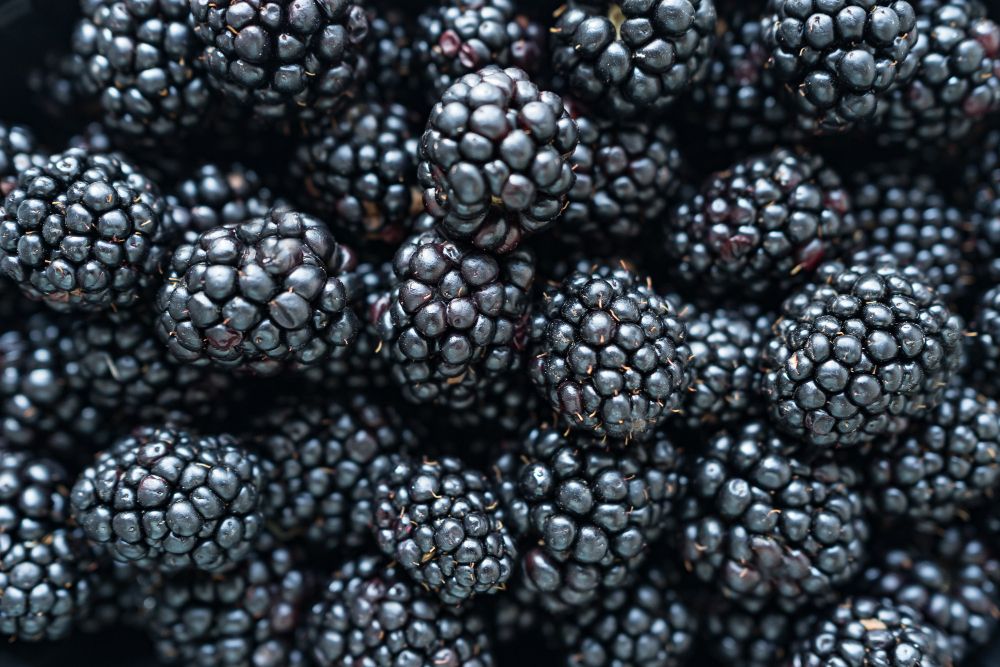
Strawberries
Strawberries are a family favorite, and the good news is that they contain iron too. Whether blended into a smoothie or served fresh, strawberries are a nutritious choice.

Apples
An apple a day not only keeps the doctor away but also contributes to your family’s iron intake. Apples are versatile and can be enjoyed in various forms, from fresh slices to applesauce.
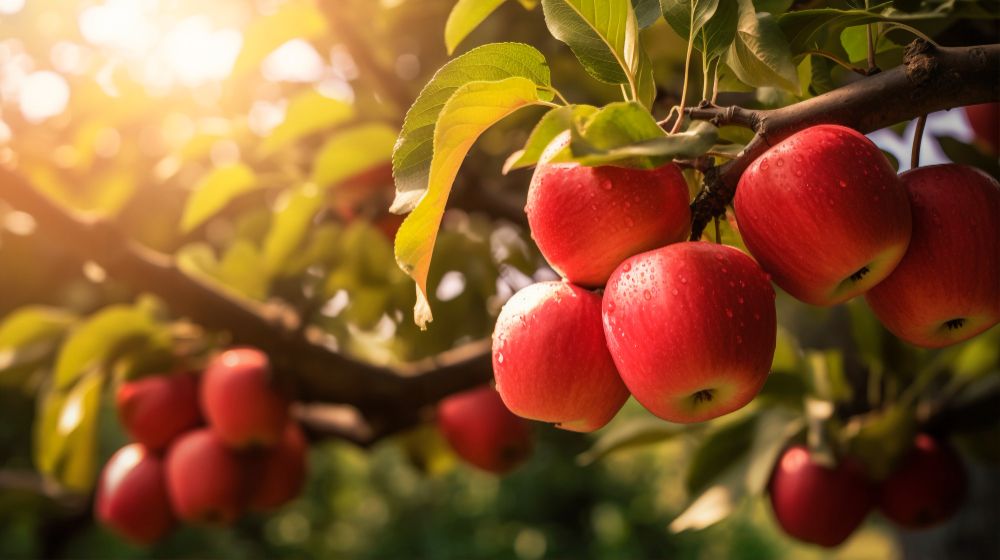
Avocado
Avocado, known for its creamy texture and healthy fats, is also a good source of iron. Include avocados in salads, sandwiches, or as a topping for various dishes.
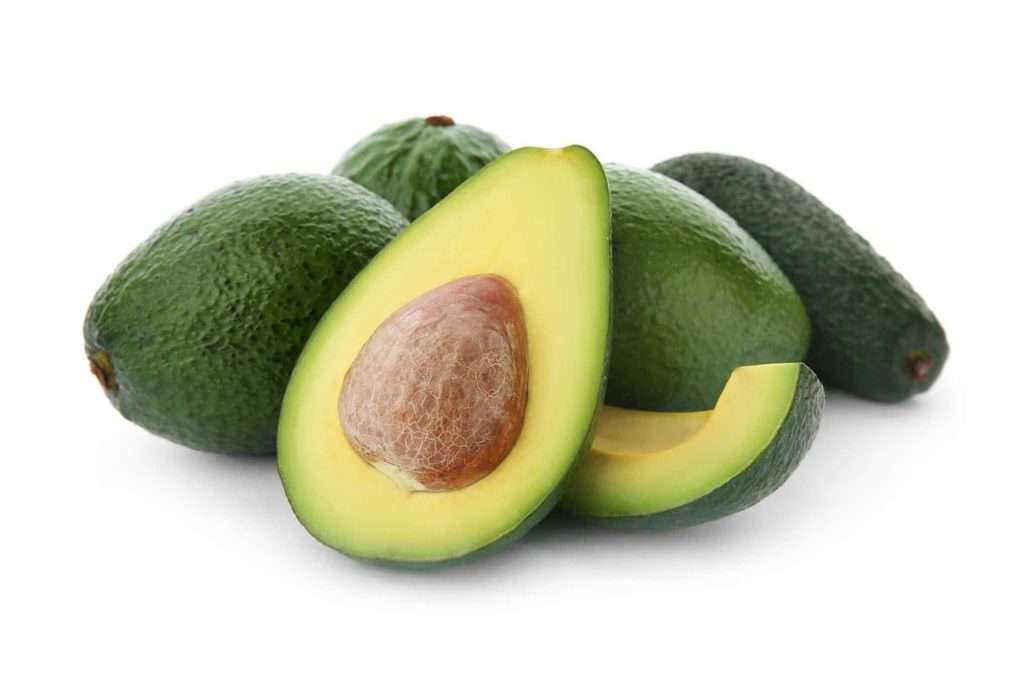
Boost Your Family’s Iron Intake with These Iron-Rich Fruits
What Fruit Has the Highest Iron?
While all the mentioned fruits contain iron, dried fruits like raisins tend to have higher concentrations. However, it’s essential to maintain a balanced diet that includes a variety of iron-rich foods to meet your family’s nutritional needs.
What Fruit Is Good for Anemia?
For individuals dealing with anemia, incorporating iron-rich fruits into their diet can be beneficial. Fruits like prunes, raisins, and blackberries can be particularly helpful in addressing iron deficiency and supporting overall health.
Prioritizing your family’s health involves making informed choices about their diet. By including iron-rich fruits like watermelon, raisins, prunes, blackberries, strawberries, apples, and avocados, you can boost their iron intake and contribute to their overall well-being. Stay vigilant for iron deficiency symptoms and consult with healthcare professionals for personalized advice on maintaining a healthy and balanced diet for your loved ones.

